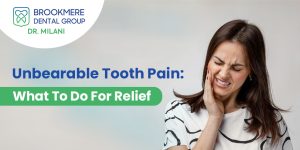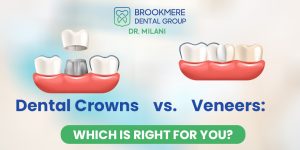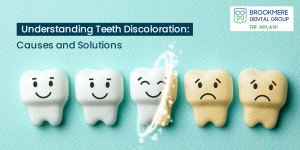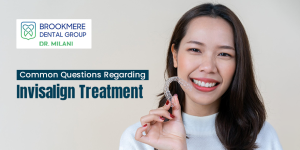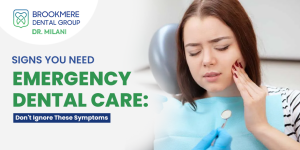
The Pros and Cons of Invisalign vs. Traditional Braces
The options for teeth straightening have significantly expanded, providing patients with more choices to achieve a perfect smile. At Brookmere Dental Group in Coquitlam, we understand the importance of selecting the proper orthodontic treatment for your needs. Two of the most popular options are Invisalign and traditional braces. Both have advantages and disadvantages, and the best choice depends on various factors, including the patient’s lifestyle, the complexity of the dental issue, and personal preferences. In this blog, we’ll focus on the pros and cons of Invisalign and traditional braces to help you make an informed decision. Understanding Invisalign and Traditional Braces Invisalign: Invisalign is a modern orthodontic treatment that uses a series of clear, removable aligners to move teeth into their desired positions gradually. These aligners are custom-made for each patient using 3D imaging technology. Patients receive new aligners every one to two weeks, continuously adjusting their teeth. Traditional Braces:

